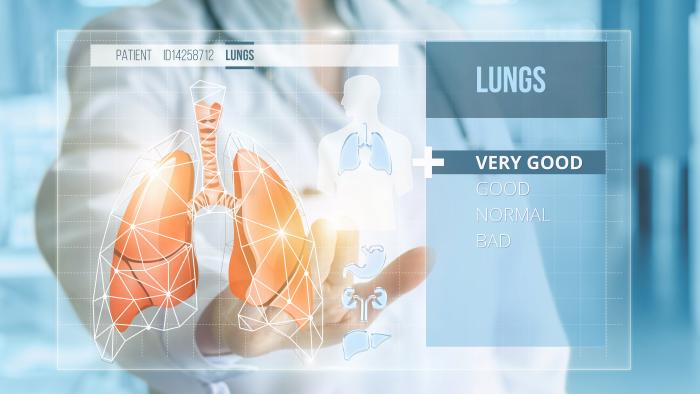The U.S. Food and Drug Administration (FDA) has issued a Class I recall for nearly 14,000 Abbott and Thoratec HeartMate left ventricular assist devices (LVADs). This recall comes after reports of multiple deaths and injuries associated with these devices, which are used to aid patients with advanced heart failure.
The recalled devices include:
- Product names: HeartMate II and HeartMate 3 Left Ventricular Assist System (LVAS)
- Product codes: DSQ
- Class 1 Device Recall HeartMate II Left Ventricular Assist System (fda.gov)
- Class 1 Device Recall HeartMate 3 Left Ventricular Assist System (fda.gov)
- Model numbers: Full List of Affected Devices
- Distribution dates: Starting April 21, 2008
The problem at the center of this recall is the gradual buildup of biological material in these devices develops over 2 or more years, potentially obstructing the device and diminishing its ability to support the heart's pumping action. This issue can trigger alarms for low blood flow and impair the device's effectiveness.
Recall Action: This recall is classified as a correction rather than a complete product withdrawal. The FDA has not advised the return of all affected devices. However, heightened vigilance concerning low-flow alarms, which may indicate significant outflow obstructions, is recommended.
Customers should have received an Urgent Medical Device Correction letter on February 19, 2024, providing detailed guidance on monitoring for and addressing potential obstructions.
Abbott and Thoratec have made efforts to educate physicians on the importance of heeding persistent low-flow alarms as early indicators of potential obstructions and have shared diagnostic recommendations to identify obstructions and discussed treatment options available for managing such issues.
If you have questions about this recall, contact Abbott and Thoratec directly at (844) 692-6367. To report a problem with these devices, complete the FDA reporting form
